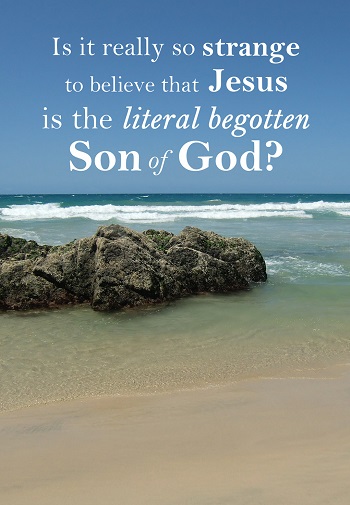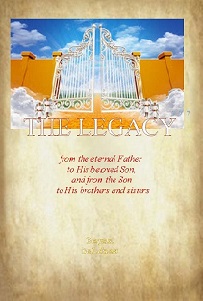What is God - Comparitive Statements
Westminster Shorter Confession 1647
Q4:What is God?
A:God is a Spirit1, infinite2, eternal3, and unchangeable4, in his being5, wisdom6, power7, holiness8, justice, goodness, and truth9.
Anglican Articles of Faith
I. Of Faith in the Holy Trinity.
There is but one living and true God, everlasting, without body, parts, or passions; of infinite power, wisdom, and goodness; the Maker, and Preserver of all things both visible and invisible. And in unity of this Godhead there be three Persons, of one substance, power, and eternity; the Father, the Son, and the Holy Ghost.
Methodist
There is but one living and true God, everlasting, without body or parts, of infinite power, wisdom, and goodness; the maker and preserver of all things, both visible and invisible. And in unity of this Godhead there are three persons, of one substance, power, and eternity-the Father, the Son, and the Holy Ghost.
Baptist
We believe that there is one, and only one, living and true God, an infinite, intelligent Spirit, whose name is JEHOVAH, the Maker and Supreme Ruler of Heaven and earth (1); inexpressibly glorious in holiness (2), and worthy of all possible honor, confidence, and love (3); that in the unity of the Godhead there are three persons, the Father, the Son, and the Holy Ghost (4); equal in every divine perfection (5), and executing distinct and harmonious offices in the great work of redemption (6).
James White – Review and Herald, August 19, 1858.
What is God? He is a material, organized intelligence, possessing both body and parts. He is in the form of man. What is Jesus Christ? He is the Son of God, and is like his Father, being "the brightness of his Father's glory, and the express image of his person." He is a material intelligence, with body, parts and passions; possessing immortal flesh and immortal bones.
Bible Questions Answered By DON F. NEUFELD - Review and Herald, October 6, 1977.
Worthy of note is the fact that this statement makes no comment on whether the members of the Godhead have physical or material bodies. Adventists have been reticent to speculate as to this aspect of God's nature. Speaking of Him, they emphasize His attributes, such as personality, self-existence, transcendence, immutability, omniscience, omnipresence, omnipotence, holiness, and love. It’s true that in the Bible, God is represented as having ears (Ps. 17:6), nostrils (2 Sam.22:9), a mouth (Deut. 8:3), a hand (Zech. 2:9), feet (Ps.18:9). But these are usually considered as being anthropomorphisms, that is, expressions attributing to God human characteristics. They are attempts; it is claimed, to help human beings understand God, who is much above them?
The Adventist Pioneers worshipped a real God with body and parts as expressed in Daniel 7 as opposed to the gods of the churches which worship something very different. Note the large change from 1858 to 1977 in the Review and Herald.



